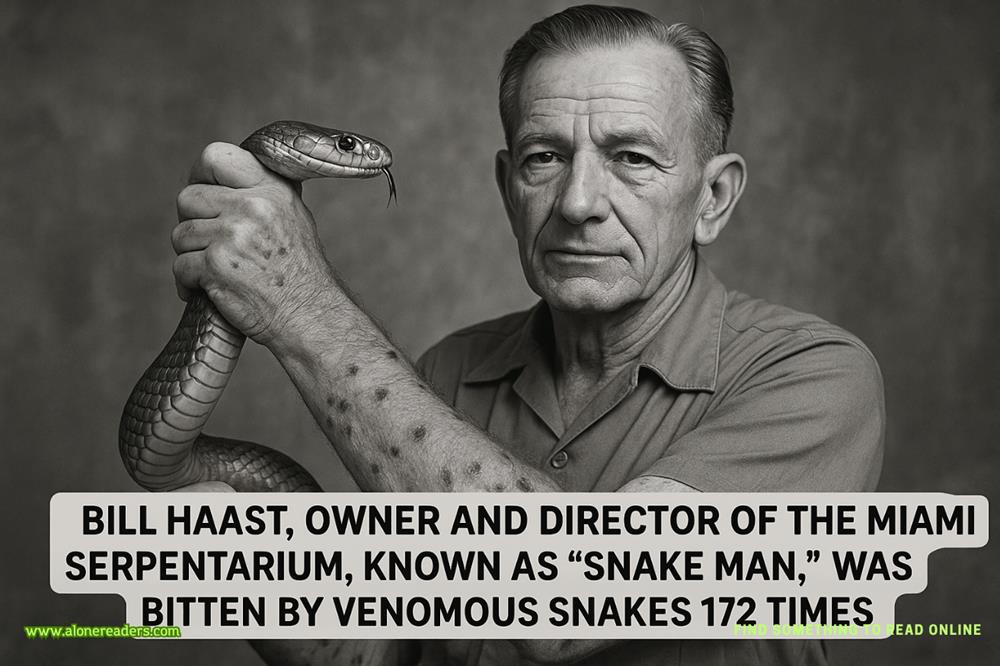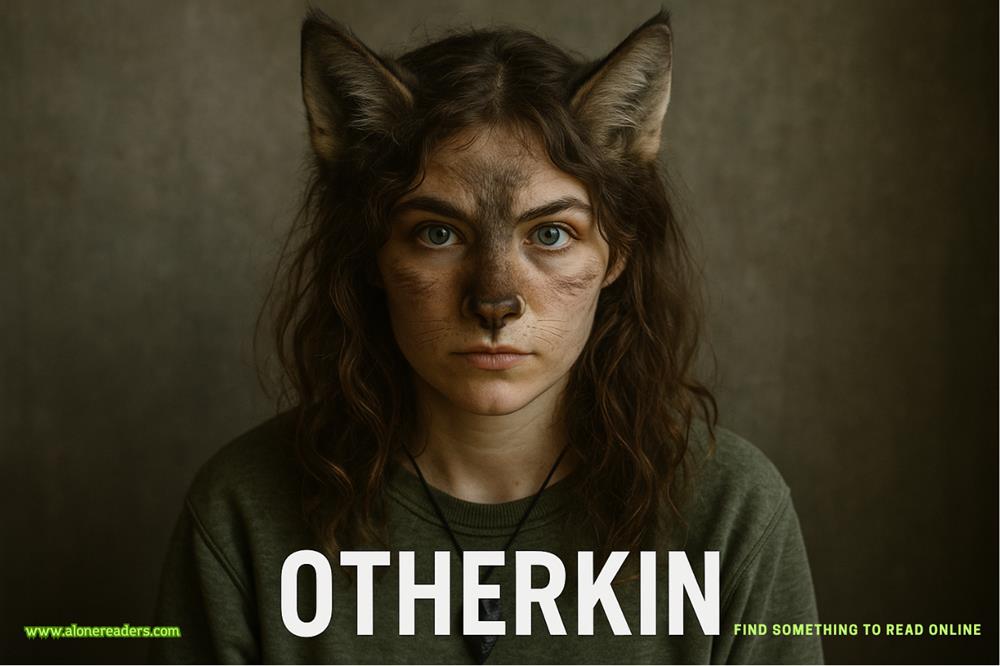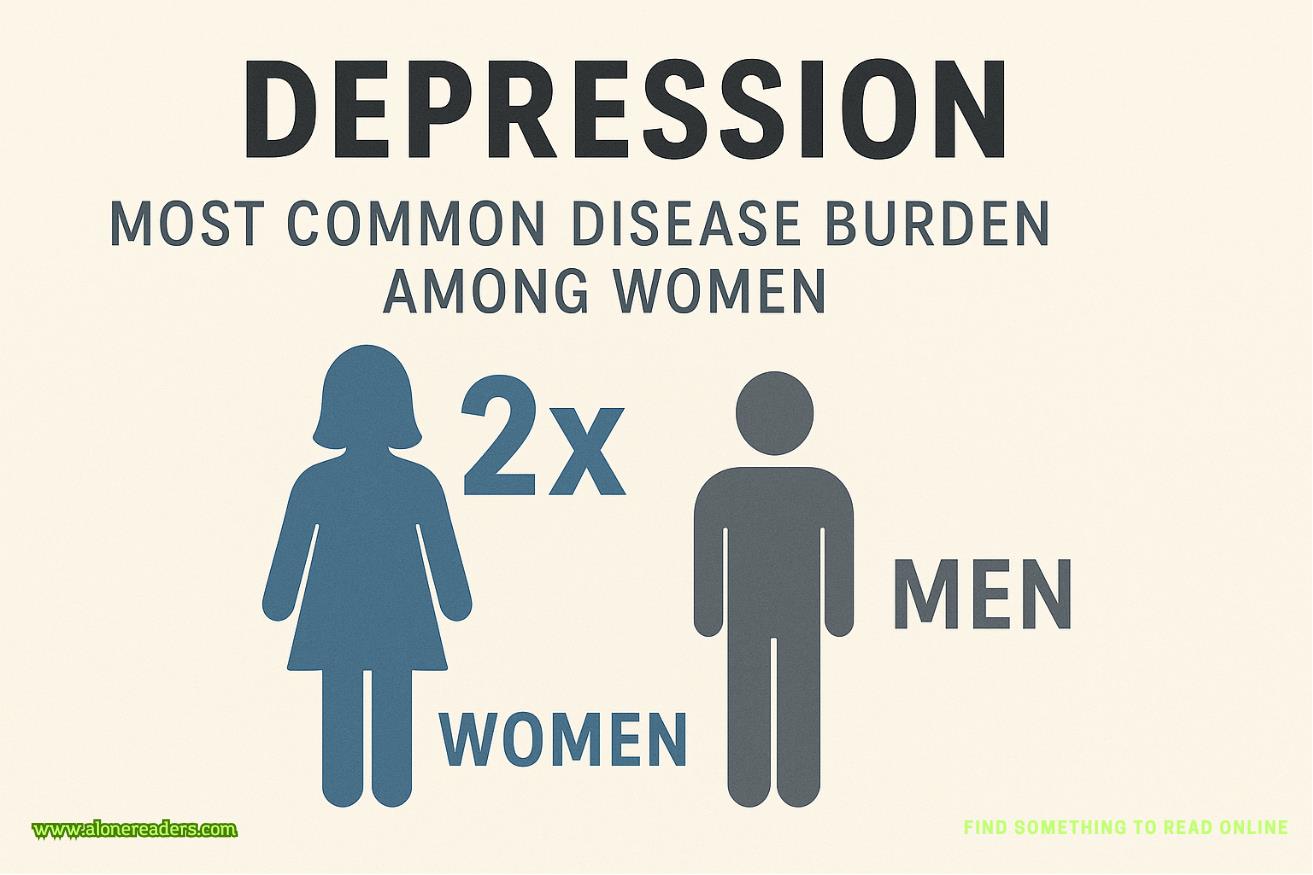Page 66 of Mountain of Mirrors and Starlight
“What did he say to that?”
“He smiled and said something like, ‘I knew your mother all of my life, and it took me years to realise I loved her, and even longer to know that yes, it is her, no matter what. You should take years too, daughter. Do not let anyone take advantage of you.’”
Caerwyn froze, wondering if his next question was appropriate. “And did you?” he asked carefully.
“Oh, I dallied with the pursuits, indulged them if it suited me, but I made no promises, no vows, no bargains. If anything, I learned to playthem.”
She paused, and he wondered what other thoughts were swirling inside her—what things she hadn’t said. It sounded lonely, that way of being. It sounded like something he knew all too well.
“I’ve had similar problems myself,” he confessed, “but being unable to ever go back on my word… that’s an entire new dimension. I cannot imagine how difficult that must have been.”
Aislinn shrugged as best she could. “Cass helped. She made the whole thing endurable, reminded me that I had decades, years to settle down in, that I wasn’t missing anything in the meantime. And I absolutely and totally believed her.”
“And then?”
“Then… she wasn’t there anymore. And the years and decades seemed empty without her.”
Caerwyn sighed. “I’m sorry.”
Aislinn said nothing.
“It’s awful,” he continued, “but I think you were lucky to have her. I think I would have traded loneliness for pain, for the joy of having a friend like her.”
Aislinn paused. For a while, he wondered if she’d fallen asleep again. “I think she was worth it too.”
Hours passed. Caer roasted the roots over the fire. They were tough and unsavoury, but they staved off the hunger. Even Aislinn managed to eat a little, but not much. She slept most of the time, waking periodically for whispered exchanges before falling back to sleep. He walked about the cave as she slept, sat by the fire for a bit more, and sometimes—sometimes—came to rest beside her.
Never for long, not while she was sleeping. And never touching her.
He couldn’t remember ever watching someone sleep before, other than his ailing mother. He certainly couldn’t imagine beingfascinatedby it. It was just sleep, after all. But there was something pleasant in the slow rise and fall of her chest, the way the shadows danced across her pale cheeks, the slopes and curves of her face, the dark glow of her auburn hair. It made him wish he was a painter or a poet. He was a decent hand at the forge, but he didn’t think he’d have much luck rendering her in the hilt of a blade.
Caer paused in his thinking, fingers brushing his beads, wishing he could scrub out his thoughts. What was hedoing,wanting to paint a sleeping woman?
What was he doing wanting to paint a sleeping woman that he couldn’t touch?
Aislinn stirred again. She smiled at him in a way that must have been laced with magic—he could feel it in his insides. They exchanged a few pleasantries before she whispered, “We should try and send a signal.”
“Do you think you’re up for that?
“Definitely not. But you are.”
Caer frowned at her, certain he’d misheard. “I… can’t do that.”
Aislinn laughed. “You couldn’t walk and talk when you were born, and yet you can do those now.”
“All right, but it took a long time to master those—”
“Caer, you can raise the dead, you can send a signal.”
“Good point.” He waited. “How do I do that?”
“Go to the mouth of the cave. Imagine yourself sending a signal—a tower of light, or something—and throw it into the sky. Use the wordsignum.”
“That easy?”
“Should be.”
He paused for another moment. “What’s with the words and the objects? Rowan used all sorts when trying to heal my mother, but Beau and you do plenty without saying anything.”















